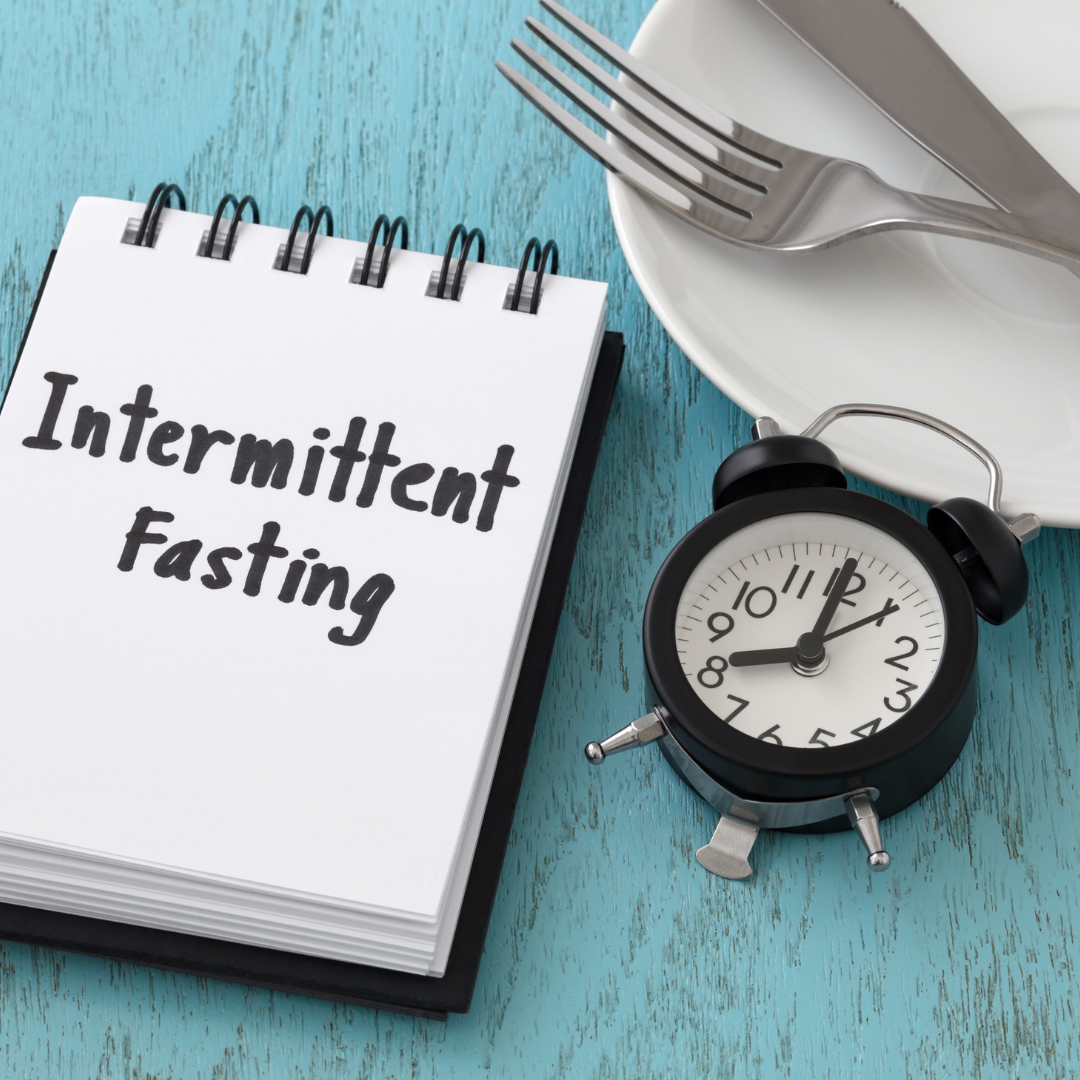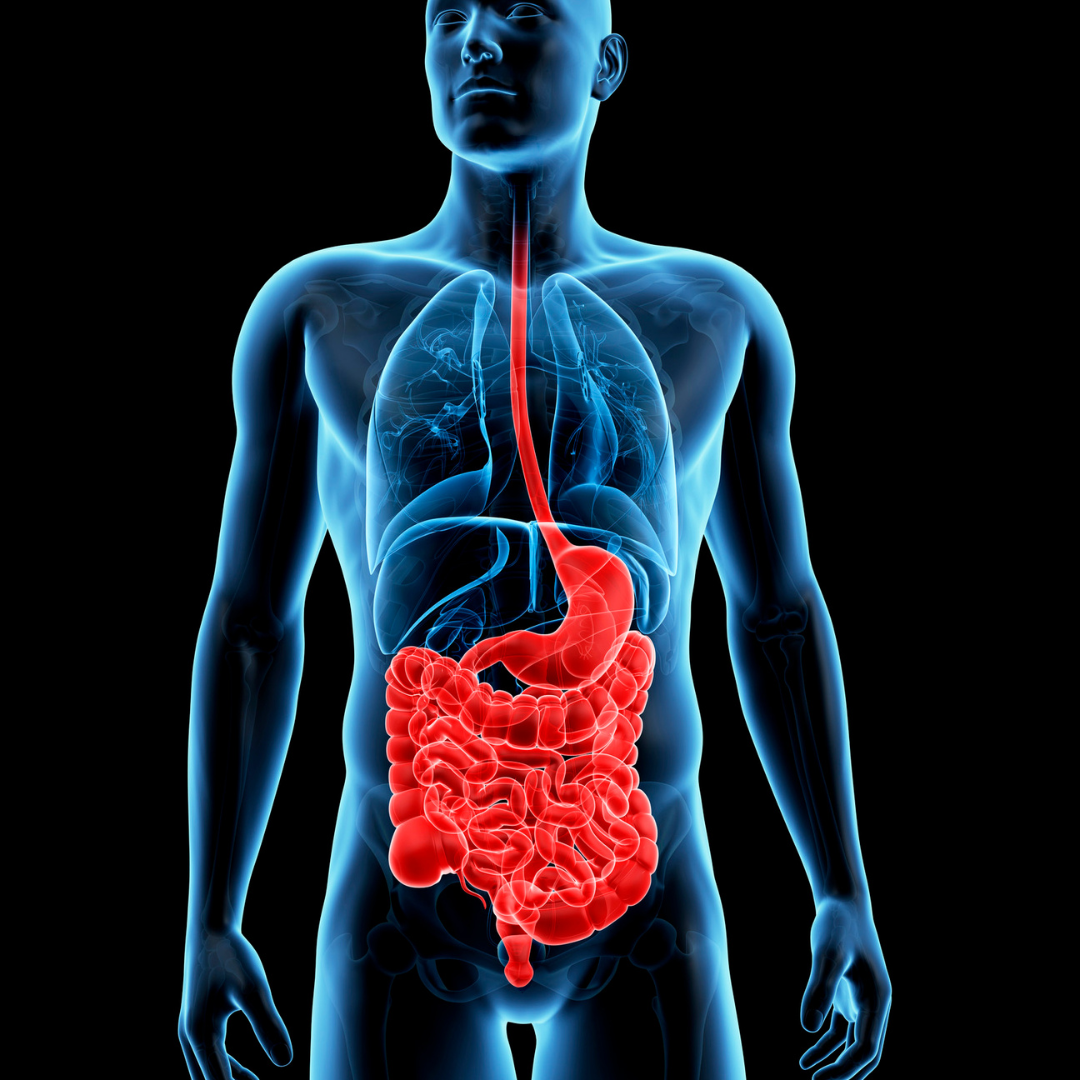Men and mental health

In England, 1 in 8 men has a common mental health problem such as depression or anxiety. And tragically, suicide is not as rare as one might think. A staggering 75% of UK deaths from suicide are men, and what’s more, suicide is the single biggest killer of men under 50.
Suicide is a hugely sensitive, complex issue with a myriad of causes. Still, as mental health awareness has grown, there is greater public understanding about potential contributing factors. One of the questions that has persisted, though, regards the gender gap. The damaging stigma around mental health problems tends to affect men disproportionately, and societal expectations and traditional gender roles are thought to play a part in this. For example one UK study by YouGov found that 28% of men did not seek help for mental health issues, compared to 19% of women.
The Impact of Toxic Masculinity on Men’s Mental Health has been widely studied by psychologists. Toxic masculinity involves cultural pressures for men to behave in a certain way and discourages men from getting mental health treatment. Depression, anxiety, substance abuse issues, and mental health problems may be viewed as weakness. A 2015 study found that men who bought into traditional notions of masculinity held more of a negative attitude about seeking mental health services compared to those with more flexible gender attitudes. Toxic masculinity may also stress that it’s inappropriate for men to talk about their feelings.

This idea that men need to act tough and avoid showing all emotions can be harmful to their mental health and avoiding conversations about problems or emotions may increase feelings of isolation and loneliness. It may also reduce men’s willingness to reach out and get help when they’re experiencing a mental health issue.
Some symptoms of mental disorder include:
Anger, irritably, or aggressiveness
Noticeable changes in mood, energy level, or appetite
Difficulty sleeping or sleeping too much
Difficulty concentrating, feeling restless, or on edge
Loss of interest in things you usually find enjoyable
Inability to perform usual daily functions and responsibilities
Increased worry or feeling stressed
Misuse of alcohol and/or drugs
Engaging in high-risk activities
Obsessive thinking or compulsive behaviour
Sadness or hopelessness
Feeling flat or having trouble feeling positive emotions
Suicidal thoughts
While the data paints a gloomy picture, there is help and support available. It’s important not to wait until symptoms are overwhelming – see below for charities and organisations that can help. Furthermore, self-care can play a role in maintaining mental health and help support treatment and recovery from mental illness.
Taking care of your Mental Health


Mental health includes emotional, psychological, and social well-being. It affects how we think, feel, act, make choices, and relate to others. Mental health is essential to our overall health and quality of life.
Life can throw us curveballs. Yet even when things seem tough, there’s a lot we can do to look after ourselves. Self-care means taking the time to do things that help us live well and improve both our physical health and mental health. When it comes to our mental health, self-care can help us manage stress, lower our risk of illness, and increase our energy. And making simple changes to how we live doesn’t need to cost a fortune or take up loads of time. Even small acts of self-care in our daily life can have a big impact.
Here are some tips to help you get started with self-care:

Get regular exercise. Just 30 minutes of walking every day can help boost your mood and improve your health. Small amounts of exercise add up, so don’t be discouraged if you can’t do 30 minutes at one time. The mental health benefits of both exercise and being somewhere green are well proven, so guess what happens when you combine them? Research confirms all-round health, fitness, mood and self-esteem are improved while mental fatigue and stress are reduced. And in our blog Lifting Weights, Lifting Spirits we outline the mood boosting benefits of lifting weights.
Eat healthy, regular meals and stay hydrated. A balanced diet and plenty of water can improve your energy and focus throughout the day. Also, limit caffeinated beverages such as soft drinks or coffee.
Drink sensibly. Did you know that alcohol is a depressant? This means that it can contribute to feelings of depression over the long term. Drinking alcohol can increase the frequency and severity of depressive episodes – as well as reducing the efficacy of antidepressants. What’s more, alcohol can also interrupt your normal sleep patterns, which in turn can also leave you feeling tired and negatively impact your mood.
Make sleep a priority. Stick to a schedule, and make sure you’re getting enough sleep (7-9 hours). Blue light from devices and screens can make it harder to fall asleep, so reduce blue light exposure from your phone or computer before bedtime. See here for 10 reasons why good sleep is important.
Meditate daily. Meditation can produce a deep state of relaxation and a tranquil mind. During meditation, you focus your attention and eliminate the stream of jumbled thoughts that may be crowding your mind and causing stress. Read more here on how Meditation can improve your mental health and here on the 12 Science-Based Benefits of Meditation. There are many apps that offer guided meditation such as Headspace and Calm.
Practice Mindfulness. Paying more attention to the present moment – to your own thoughts and feelings, and to the world around you – can improve your mental wellbeing. In fact, mindfulness is recommended by the National Institute for Health and Care Excellence (NICE) as a way to prevent depression in people who have had 3 or more bouts of depression in the past. Read more here for tips from the NHS on how to be more mindful.
Set goals and priorities.Decide what must get done now and what can wait. Learn to say “no” to new tasks if you start to feel like you’re taking on too much. Try to be mindful of what you have accomplished at the end of the day, not what you have been unable to do.
Do something you’re good at. Enjoying yourself can help beat stress. Doing an activity you enjoy probably means you’re good at it, and achieving something boosts your self-esteem.
Practice gratitude. As Jon Kabat-Zinn says, “The little things? The little moments? They aren’t little.” Saying thank you, holding the door for someone, these little moments can change the tone of your whole day. Notice good things, look for them, appreciate them. Remind yourself daily of things you are grateful for. Be specific. Write them down at night, or replay them in your mind. You can read more here: 10 Ways to Practice Daily Gratitude
Focus on positivity. Identify and challenge your negative and unhelpful thoughts. Avoid reading or watching material that is upsetting or impacts your mood negatively. Try watching or listening to a video or podcast that makes you feel good in the morning while you are getting ready, for example stand-up comedy.
Choose your squad wisely. Cut out (or spend less time with) toxic people. It’s one thing if your good pal is going through a rough time and you’re there to help them through it. It’s another thing to be around someone who is constantly stressed over every single situation. It could be hurting your well-being: Research shows stress is contagious. The good news? So is happiness.
Read self-help books or listen to self-help podcasts. For example: the best-selling book “Feeling Good,” by David D. Burns, M.D addresses issues like depression through structured strategies rather than emotional introspection and Dr Chatterjee’s most-downloaded podcast series Feel Better Live More has great tips on managing mental health and reducing stress and anxiety. You can also check out our blog here for book recommendations if your looking for help in getting to a place that makes you feel motivated, successful and on top form.
Take a break. A change of scene or a change of pace is good for your mental health. It could be a half-hour lunch break at work, going for a walk or a weekend exploring somewhere new. A few minutes can be enough to de-stress you. Give yourself some ‘me time’.
Spend less time on social media. Over a third of men (37%) say social media has a negative impact on how they feel.
Learn a new skill. Research shows that learning new skills can also improve your mental wellbeing by boosting self-confidence and raising self-esteem, helping you build a sense of purpose and helping you connect with others.
Give to others. Research suggests that acts of giving and kindness can help improve your mental wellbeing by: creating positive feelings and a sense of reward; giving you a sense of purpose and self-worth; making you feel needed and valued; helping you connect with other people. Caring for others also helps us see the world from another angle. That can help to put our own problems in perspective. It could be small acts of kindness towards other people or you could share your skills more widely by volunteering for a local charity. Find out more about volunteering at do-it.org.uk.
Care for a pet. The bond between you and your pet can be as strong as between people. Looking after a pet can bring structure to your day and act as a link to other dog-walkers.
Consider whether it’s time to change your job. Therapists recommend considering how your current situation is impacting you physically and mentally. Do you connect to a broader sense of purpose? Does your work enable you to pursue other things that matter, like relationships with friends and family, or activities that fulfil you? Is your office environment toxic or abusive? If your job is making you miserable, re-evaluating your aims might be the right choice. Everyone should be able to earn a living without having to sacrifice their health.
Talk about your feelings. Talking about your feelings isn’t a sign of weakness. It’s part of taking charge of your wellbeing and doing what you can to stay healthy. Just being listened to can help you feel supported and less alone. And it works both ways. If you open up, it might encourage others to do the same.
Ask for help. Reach out to your friends or family members who can provide emotional support and practical help. None of us are superhuman. We all sometimes get overwhelmed by how we feel or when things don’t go to plan. If you or anyone you know is experiencing depression and affected by Mental Health, below are some resources and local services that can help.
Self-care is not selfish and looks different for everyone so it’s important to find what you need and enjoy. It may take trial and error to discover what works best for you. In addition, although self-care is not a cure for mental illnesses, understanding what causes or triggers your mild symptoms and what coping techniques work for you can help manage your overall mental health.

Himmense and mental health
Clinical studies have shown that several of the nutrients found in Himmense SHIFT collagen capsules play an important role in mood regulation and fighting depression, including Vitamins B6, B12, D and Ashwagandha.1
Cortisol is known as a stress hormone given that your adrenal glands release it in response to stress, as well as when your blood sugar levels get too low. In some cases, cortisol levels may become chronically elevated, which can lead to high blood sugar levels and increased fat storage in the abdomen. Studies have shown that Ashwagandha supplements may help lower cortisol levels in chronically stressed individuals. In a 60-day study in 64 people with chronic stress, those in the group that supplemented with ashwagandha reported a 69% reduction in anxiety and insomnia, on average, compared with 11% in the placebo group. Some research suggests that Ashwagandha may also help reduce depression. You can read more about the benefits of Ashwagandha here.
Vitamin B6 plays an important role in mood regulation because it is necessary for creating serotonin, dopamine and gamma-aminobutyric acid (GABA) which are neurotransmitters that regulate emotions. Several studies have shown that depressive symptoms are associated with low levels of vitamin B6, especially in older adults who are at high risk for B vitamin deficiency. One study in 250 older adults found that deficient blood levels of vitamin B6 doubled the likelihood of depression.
Vitamin B12 is needed for the production of serotonin, a chemical responsible for regulating mood. Therefore, vitamin B12 deficiency may lead to decreased serotonin production, which may cause a depressed mood. Studies support the use of vitamin B12 supplements for improving symptoms of depression in people with a vitamin B12 deficiency. For example, one study in people with depression and low vitamin B12 levels found that those who received both antidepressants and vitamin B12 were more likely to show improved depressive symptoms, compared to those treated with antidepressants alone. Another study discovered that vitamin B12 deficiency was associated with twice the risk of severe depression.
As well as keeping your bones, teeth, muscles and immune system healthy, research has shown that Vitamin D might play an important role in regulating mood and fighting off depression. For example a review of 25 trials involving more than 7,500 people found that those experiencing negative emotions who received vitamin D supplements noticed an improvement in symptoms. The meta-analysis concluded that patients with major depressive disorder and individuals with vitamin D deficiency are most likely to benefit from supplementation.
1. For more information on the science behind the nutrients in HIMMENSE SHIFT supplements for men see here. Advice is for information only and should not replace medical care. Consult a doctor or healthcare professional if you have any questions or are taking any other medications before you try any remedies.
Resources and support
If you or anyone you know is experiencing depression and affected by Mental Health, here are some resources that can help.
Contact your GP for advice and support. Over a third of visits to GPs are about mental health. Your GP may refer you to a specialist, a counsellor, or another part of the health service. There are various types of therapy available, from counselling to hypnotherapy, group therapy to cognitive behaviour therapy (CBT).
Talk to the Samaritans who are open 24 hours a day. Call 116 123 – it’s free or email jo@samaritans.org
The Campaign Against Living Miserably (Calm) offers support to men. Call 0800 58 58 58 between 17:00 and 00:00 every day or visit their webchat page here. CALM also has a helpful webpage about what to do if you’re worried someone might be suicidal, including warning signs, what to say and what to do next.
You can find charities, information, and support for a specific mental health condition through the NHS Hub of Hope
The Men’s Health Forum & Mind also have useful information if you want to learn more about men’s mental health.
If you’re in distress and need immediate help or are feeling like ending your life, please call 999 or go to A&E and ask for the contact of the nearest crisis resolution team.
Further Information
DR. SEUSS ONCE wrote, "The more that you read, the more things you will know. The more that you learn, the more places you'll go." Reading and educating yourself are the foundation of growth, especially when it comes to your mental health.
Below are useful links for articles, blogs and podcasts to get you started if you want to learn more about any of the topics raised in this blog.
Getting help from a mental health charity
How to look after your mental health
5 steps to mental wellbeing - NHS
10 top tips for good mental health - People First
Best Mental Health Podcasts of 2021 - Verywell Mind
The Mental Illness Happy Hour - Apple Podcast
The Happiness Lab with Dr. Laurie Santos – Apple Podcast
The Hilarious World of Depression – Apple Podcast
The Mental Illness Happy Hour – Apple Podcast
Feel Better, Live More with Dr Rangan Chatterjee Podcast
How To Eat To Beat Depression And Anxiety - Podcast with Dr Drew Ramsey & Dr Chatterjee
Powerful Daily Habits to Reduce Stress and Anxiety by Dr Chatterjee
10 Powerful Ted Talks For Depression And Anxiety Recovery
"I'm Fine" - Learning To Live With Depression | Jake Tyler
5 Mental Health Books That Have Shaped My Recovery
The Impact of Toxic Masculinity on Men’s Mental Health
The Dangerous Effects of Toxic Masculinity
Published 16 November 2021




